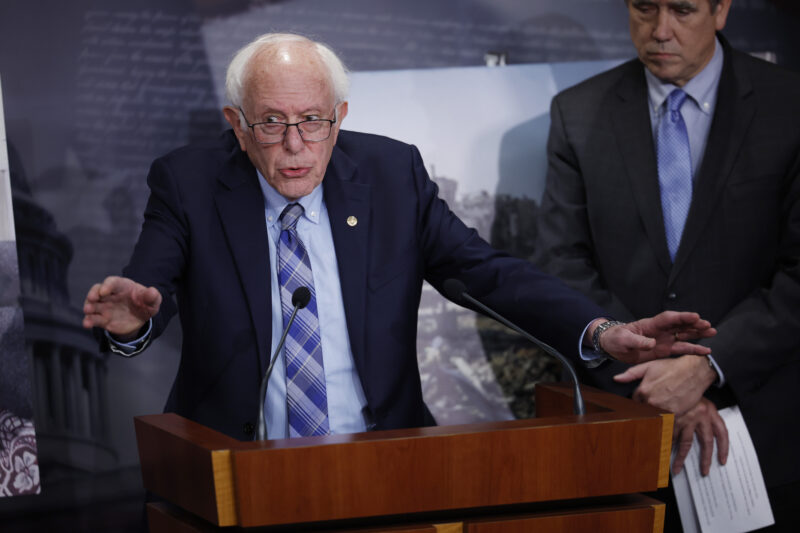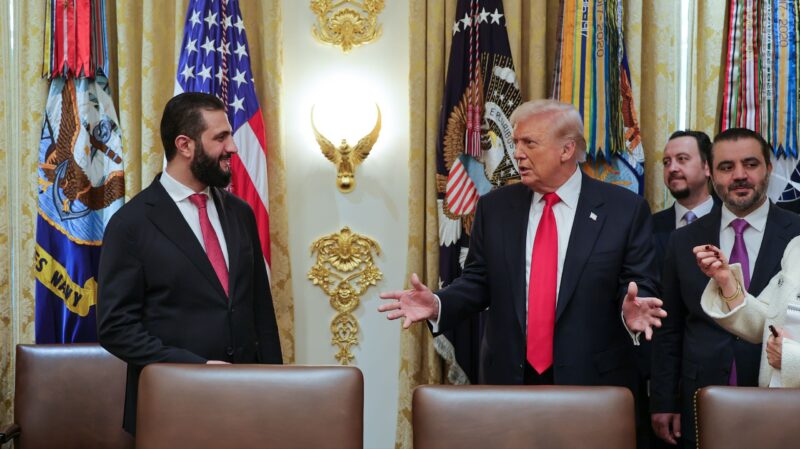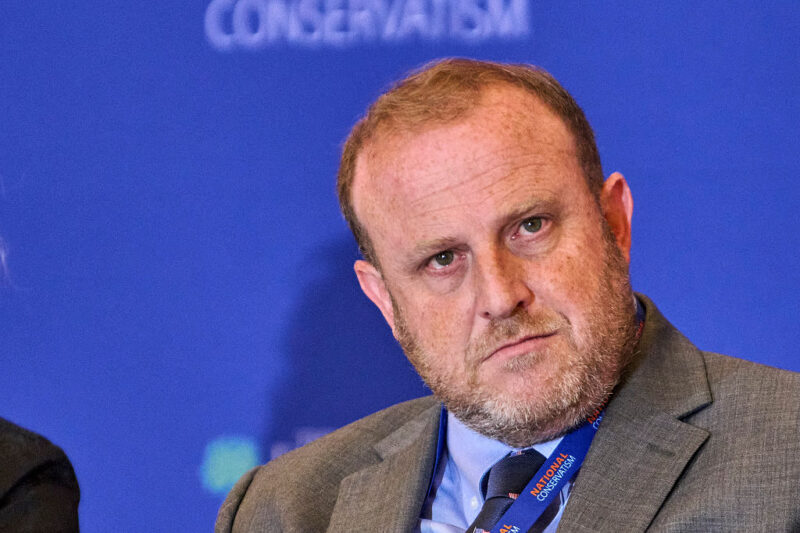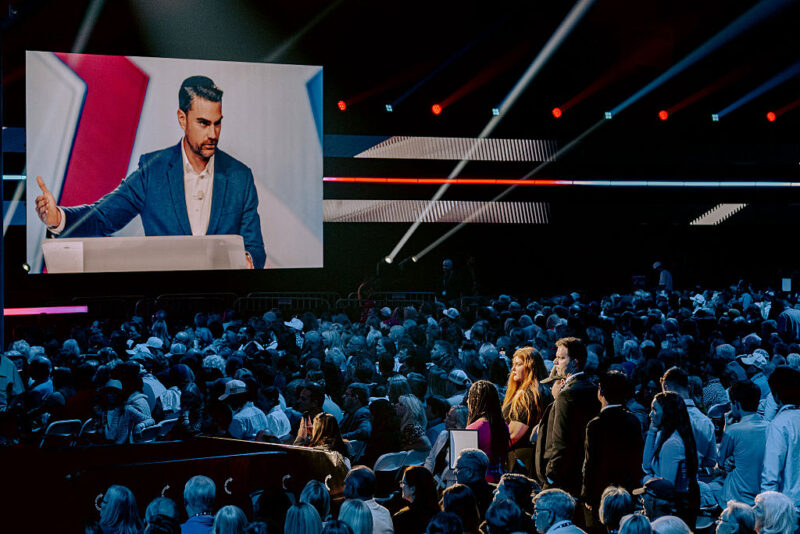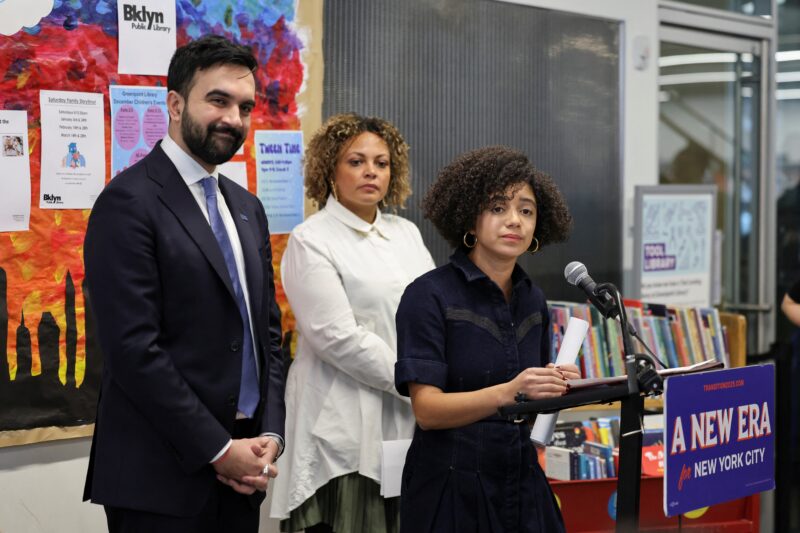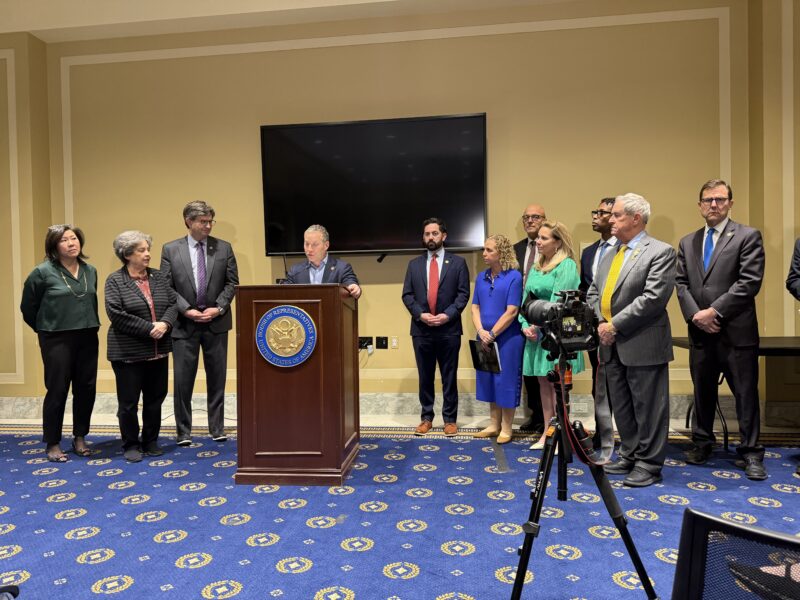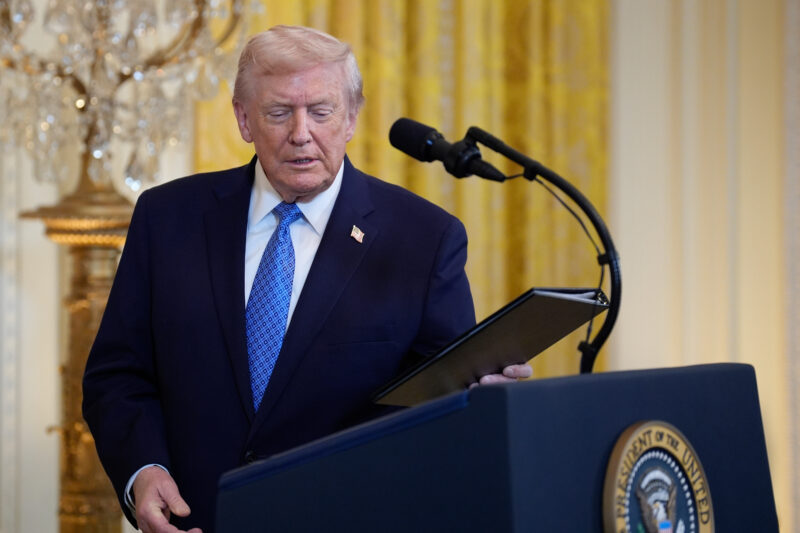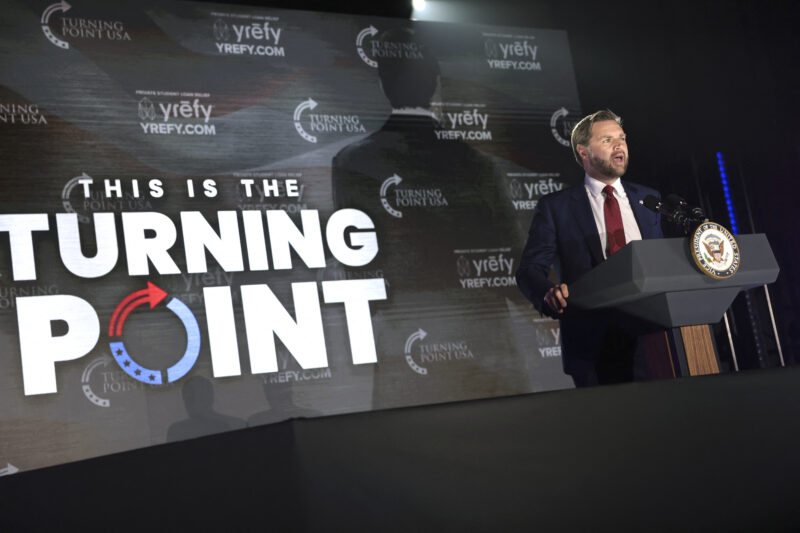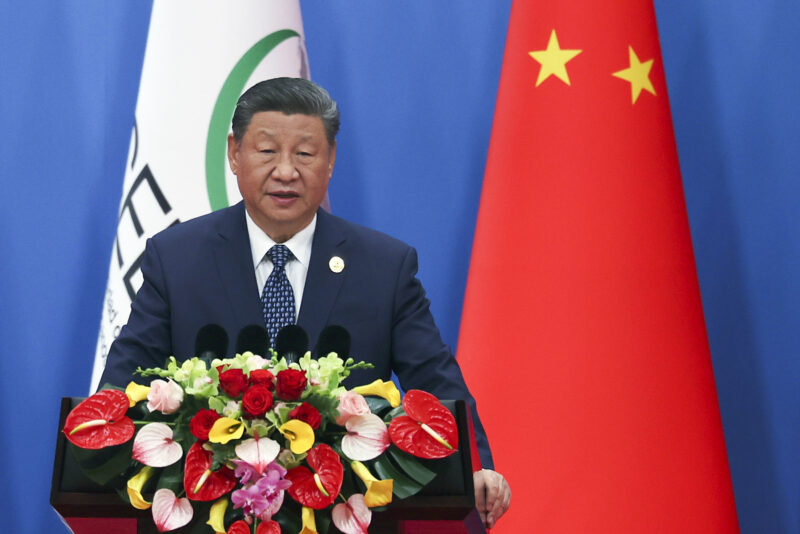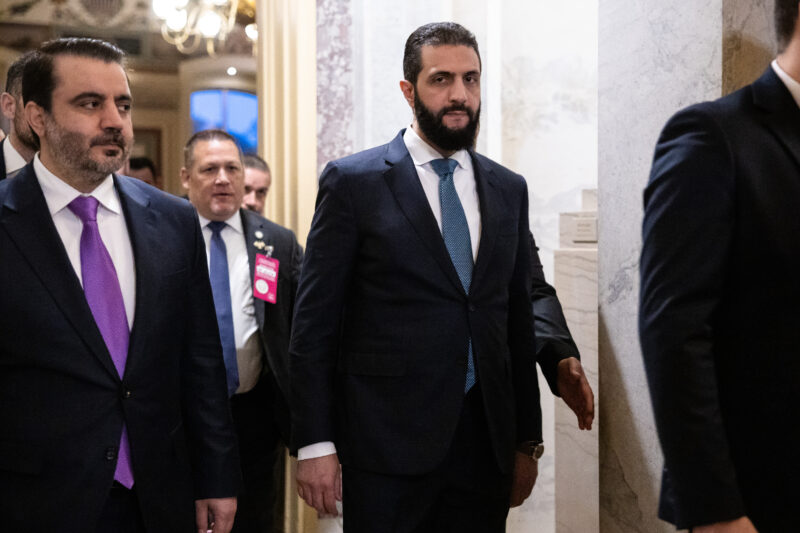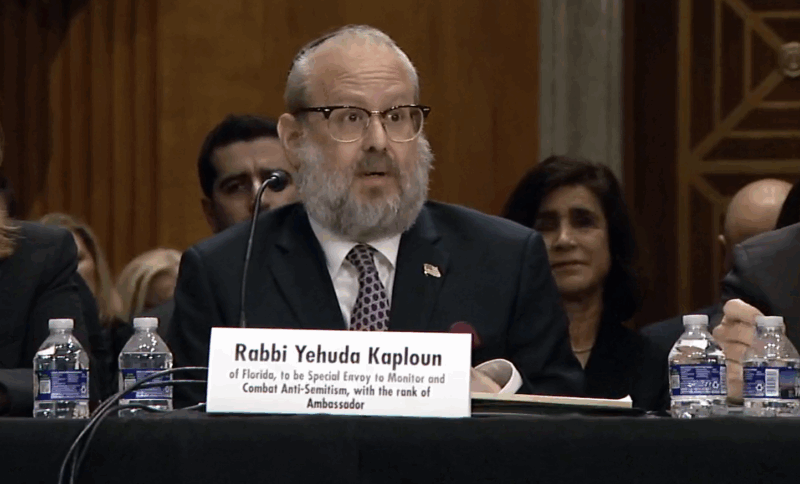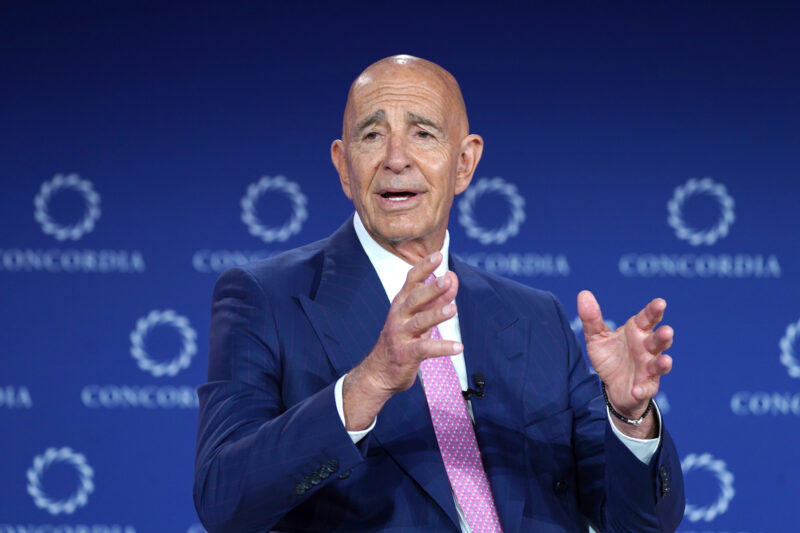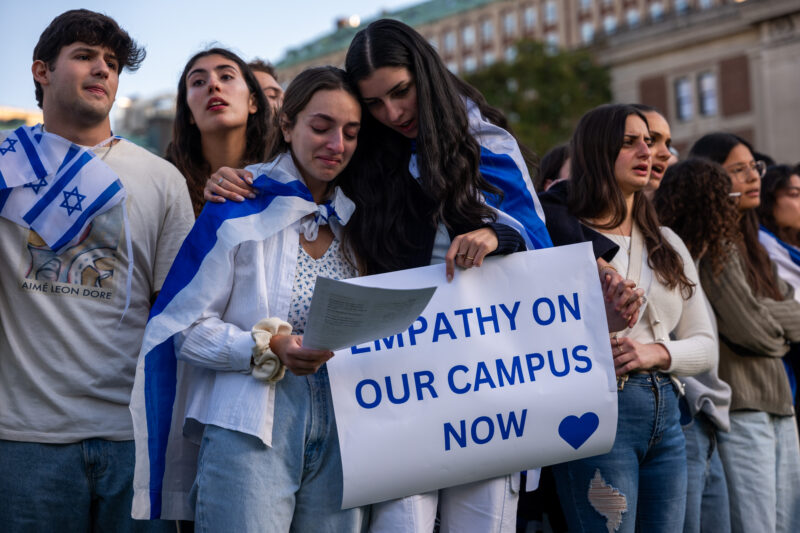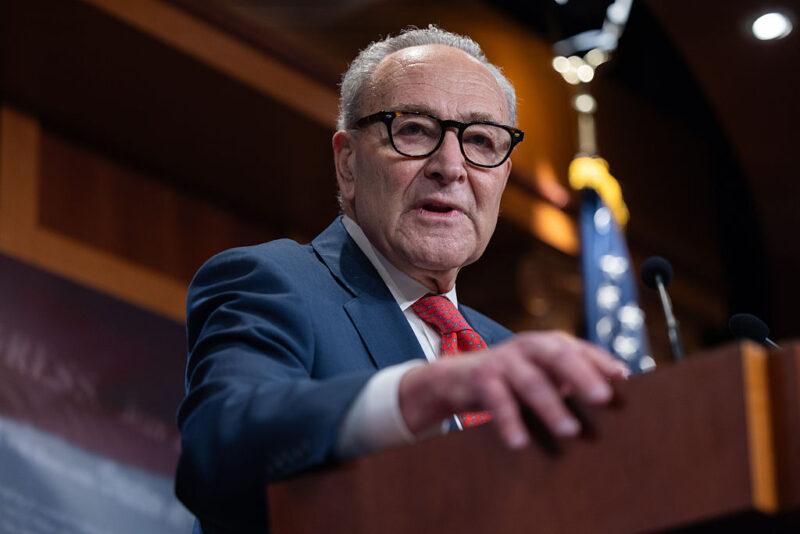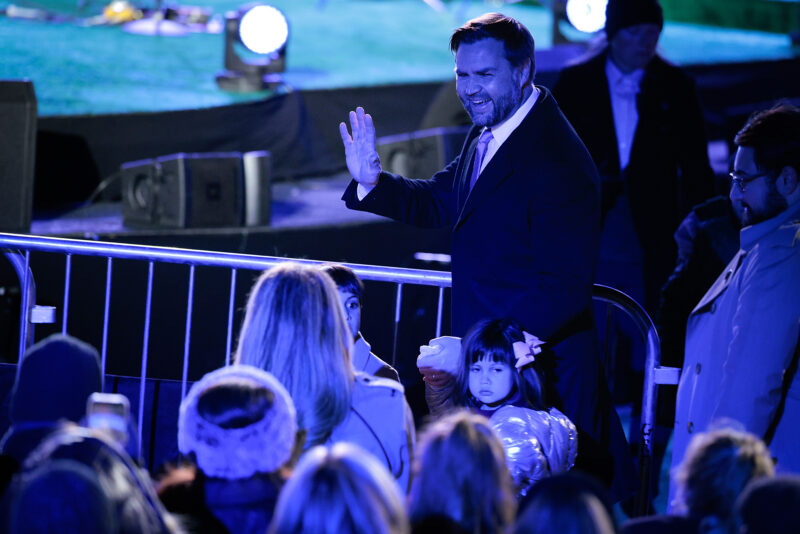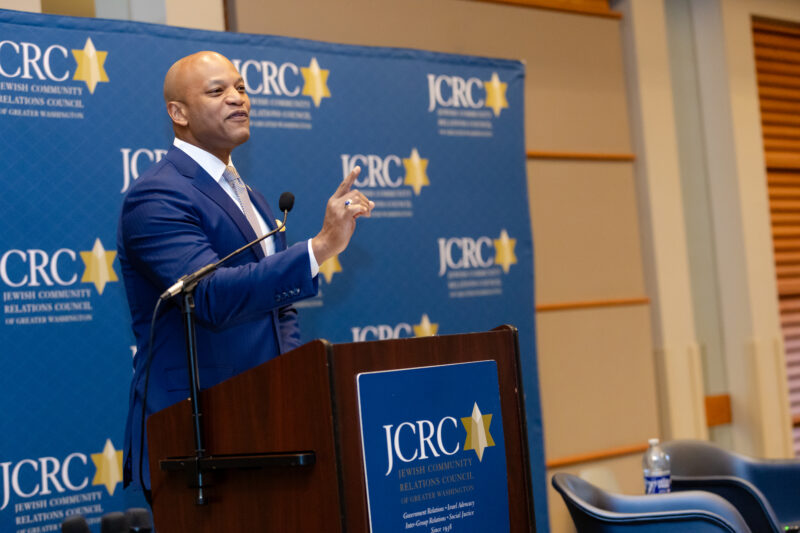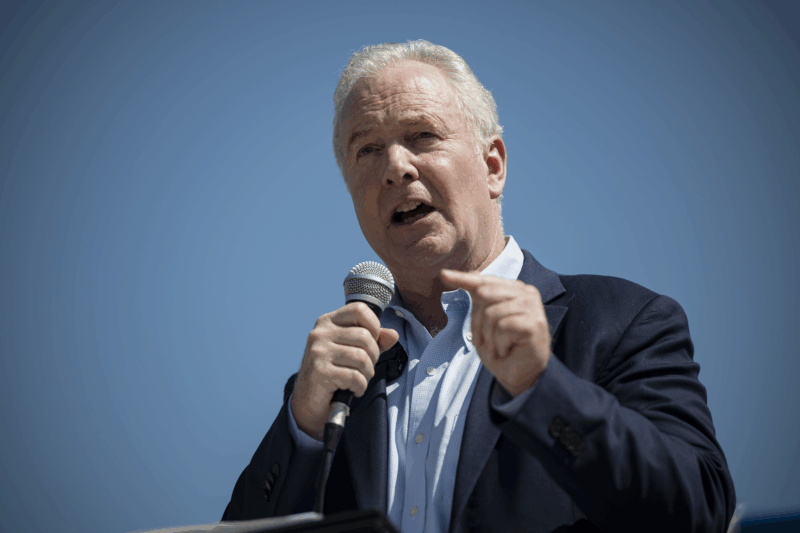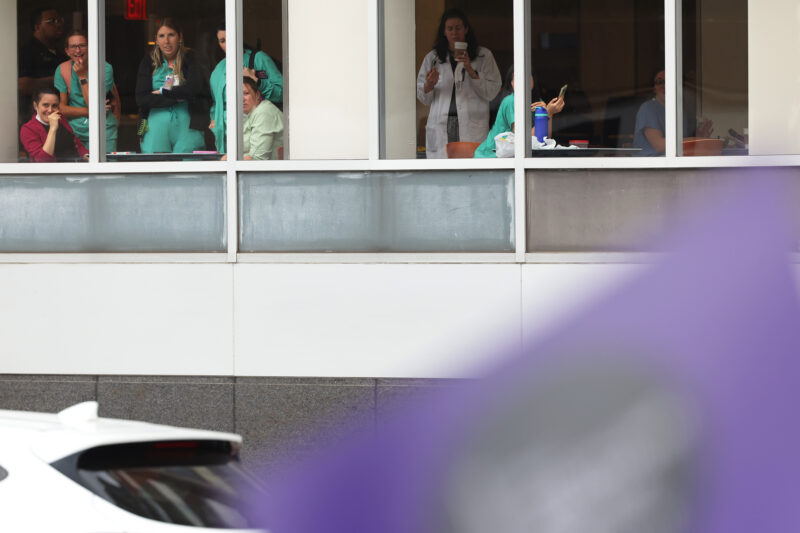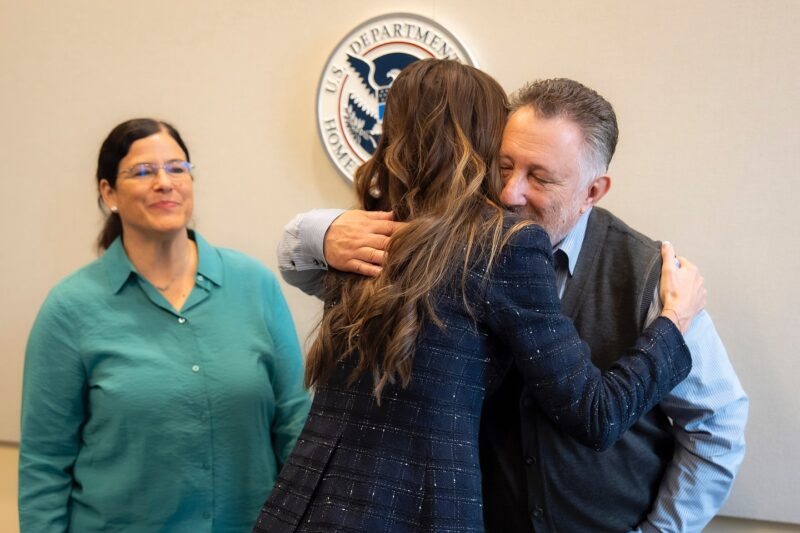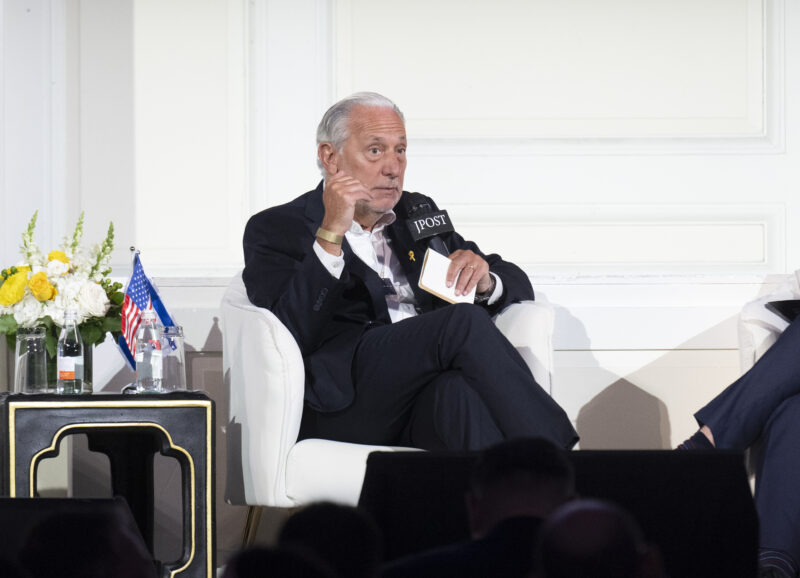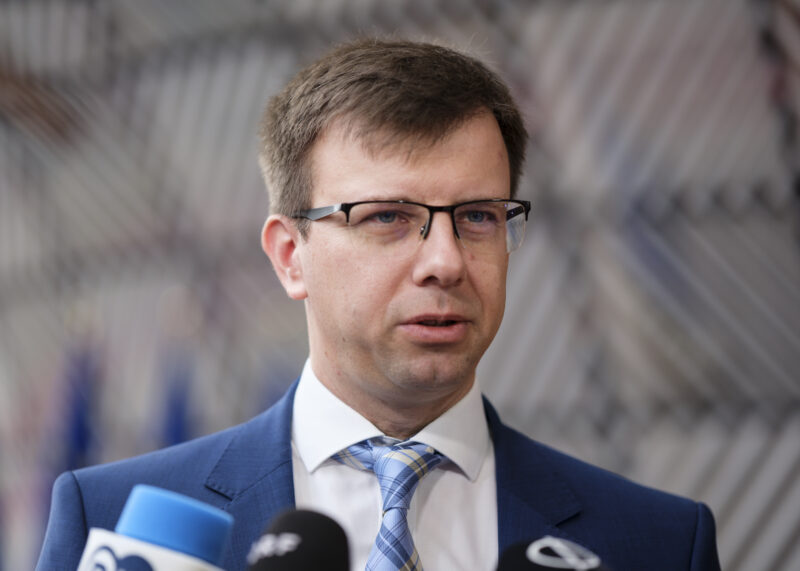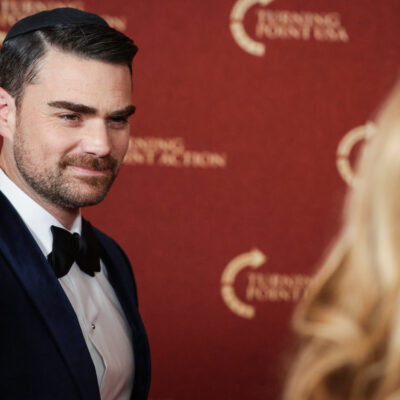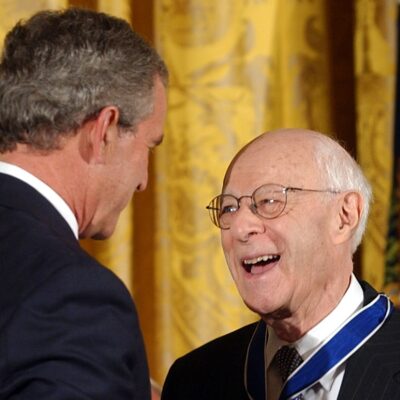
Daily Kickoff: What’s driving Jewish revival in Poland + The Lakewood entrepreneur capitalizing on ready-to-drink cocktails
👋 Good Thursday morning!
In today’s Daily Kickoff, we talk to sociologist Geneviève Zubrzycki about the renewal of Jewish life in Poland. We also chat with Yehuda Tomor, the founder of ready-to-drink beverage company Cooloo. Also in today’s newsletter: Sen. Sherrod Brown and Pennsylvania Republican gubernatorial candidate Doug Mastriano.
The behind-the-scenes contest for the chairmanship of the House Foreign Affairs Committee’s Middle East, North Africa and Global Counterterrorism Subcommittee will come to a close this morning when committee Democrats will elect a successor to Rep. Ted Deutch (D-FL), an individual familiar with the situation told Jewish Insider. Reps. David Cicilline (D-RI) and Brad Schneider (D-IL) have expressed interest in the position.
Rep. Brad Sherman (D-CA), who had been considering a run, is not actively running for the spot, a source familiar with Sherman’s activities told JI.
The Senate Judiciary Committee held a hearing yesterday to examine the prosecution of war crimes and crimes against humanity, focusing on Russia’s invasion of Ukraine. Eli Rosenbaum, the Department of Justice’s counselor for war crimes accountability, testified about the limits of U.S. law in bringing Nazis, and now Russians, to justice.
Rosenbaum urged changes to U.S. law and policy, which currently provide limited pathways to hold perpetrators of war crimes and crimes against humanity abroad accountable.
“Having prosecuted World War II Nazi cases for nearly four decades, I can attest to the deep frustration we experienced, because statutory limitations like those made it impossible to criminally prosecute any of the many Nazi criminals we found here. Instead, we could bring only civil actions against them,” Rosenbaum said. “Russian and other war criminals who come here should not be able similarly to escape criminal justice, or even find safe haven here.”
“Our substantive human rights-related laws” allow the U.S. to bring charges for offenses such as war crimes, genocide and torture, but those statutes have “significant” limitations, Rosenbaum added in his written testimony. The result is that sometimes the “only available recourse” is to go after offenders for immigration fraud — and not for their human rights abuses — “as it was in nearly all the World War II Nazi cases brought by the Department.”
“What is past is prologue,” Rosenbaum continued, quoting Shakespeare. “History is, tragically, repeating itself today in Ukraine … And it is a near certainty that the further repetition of history will ensure that we will, someday, find perpetrators of crimes committed in Russia’s war of aggression here in the United States.”
Rosenbaum also emphasized during the hearing that his current role pursuing ongoing war crimes is very different from his previous work. “It was an experience unlike anything I’ve ever had in nearly four decades of working on cases involving human rights crimes,” he said, reflecting on a trip to Ukraine, “because in all the other cases I’ve worked on the criminal activity was completed. Sometimes it had been completed decades earlier as was true for World War II Nazi crimes… By the time we left Ukraine, I knew I would do everything within my power… to make a difference.”
l’chaim
Lakewood’s Yehuda Tomor is reinventing the frozen cocktail

Yehuda Tomor (Courtesy)
Yehuda Tomor’s fascination with cocktails began at a young age. On Friday nights in his Lakewood, N.J., home, he’d watch his father unwind from the workweek with special “Shabbos drinks” — alcohol blended with ice and Mr. & Mrs. T mixes, or whatever flavorings he could find. They weren’t always the most elaborate cocktails, but to 7-year-old Yehuda, the process was an art. As he grew, so did his interest in mixing drinks, loving the sophistication and taste, just not always the hassle. “Once I got married, I started making cocktails in my home,” Tomor, now 30, told Jewish Insider’s Tori Bergel in a recent interview, “and it started becoming annoying cleaning up and all that. So the idea was really an RTD cocktail, a ready-to-drink cocktail.” And so was born Cooloo, his Lakewood-based business that manufactures frozen cocktail pops and is part of a fast-growing segment of the liquor industry.
Ahead of the curve: Sales of ready-to-drink (RTD) beverages grew by 40% from 2018 to 2019, and soared 162% over 17 weeks in the late fall and early summer of 2021, compared to the same period in 2020, according to analytics giant Nielsen. However, while many brands jumped on the RTD trend, Cooloo is not a bandwagon label. The company, which launched in 2019, was actually conceived by Tomor three years earlier as he began to sense an opportunity in the liquor market. “If you look back in 2016, 2015, when I was looking at this, no one was making those [RTDs],” the Cooloo founder and CEO told JI. “There was no such thing as seltzers, there was no such thing as all that stuff that are currently out there, they didn’t exist.”
Entrepreneurial spirit: As a child, both of Tomor’s parents owned their own businesses, which still exist today — his father opened a locksmith and security shop called Arrow Locksmiths, while his mother founded a retail clothing store, His Place. Tomor worked at the boutique with his older brother, who helped expand the company into wholesaler T.O. Collection. The experience, and watching his brother take the reins of the family company, drew Tomor into the entrepreneurial world, where he sought to build his own legacy.
Business is booming: Public reception of Cooloo has been overwhelmingly positive, and the company is growing. Cooloo sold 300,000- 350,000 frozen cocktails in its first year, according to Tomor, which it surpassed nearly fivefold two years later, selling over 1.5 million pops in 2021. The manufacturing plant itself grew as well, Tomor added, expanding from a small, 2,500-square-foot space to a 10,000-square-foot building, despite operating during a global pandemic.
Kosher cocktails: The Lakewood community was also invaluable to the brand’s success. A largely Orthodox Jewish town of about 100,000 with a thriving business culture, Tomor spent time studying at Beth Medrash Govoha, or BMG, Lakewood’s famous yeshiva — and the largest outside of Israel. Though he now lives in the neighboring town of Jackson, N.J., it was Lakewood where he wanted his business to thrive. “This is my house. This is where I live, you know. I wanted to make sure to be on top of, especially in the beginning stages, be on top of every single aspect [of the company],” he said. The community has also been receptive toward Cooloo, Tomor expressed. “In the beginning it was exciting,” he said. “Some people didn’t realize that it’s a kosher, it’s a frum Jewish guy owning the product.”












